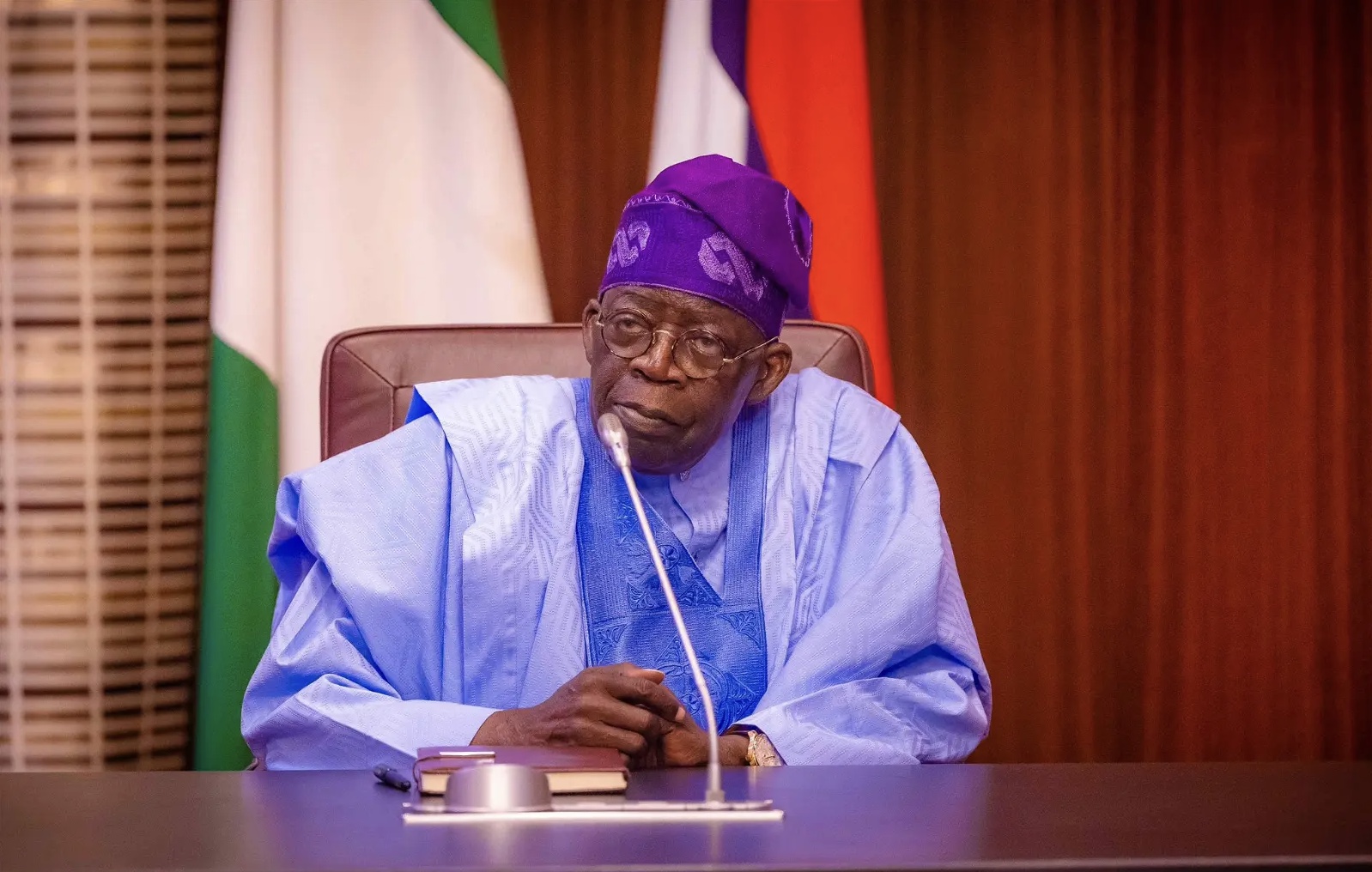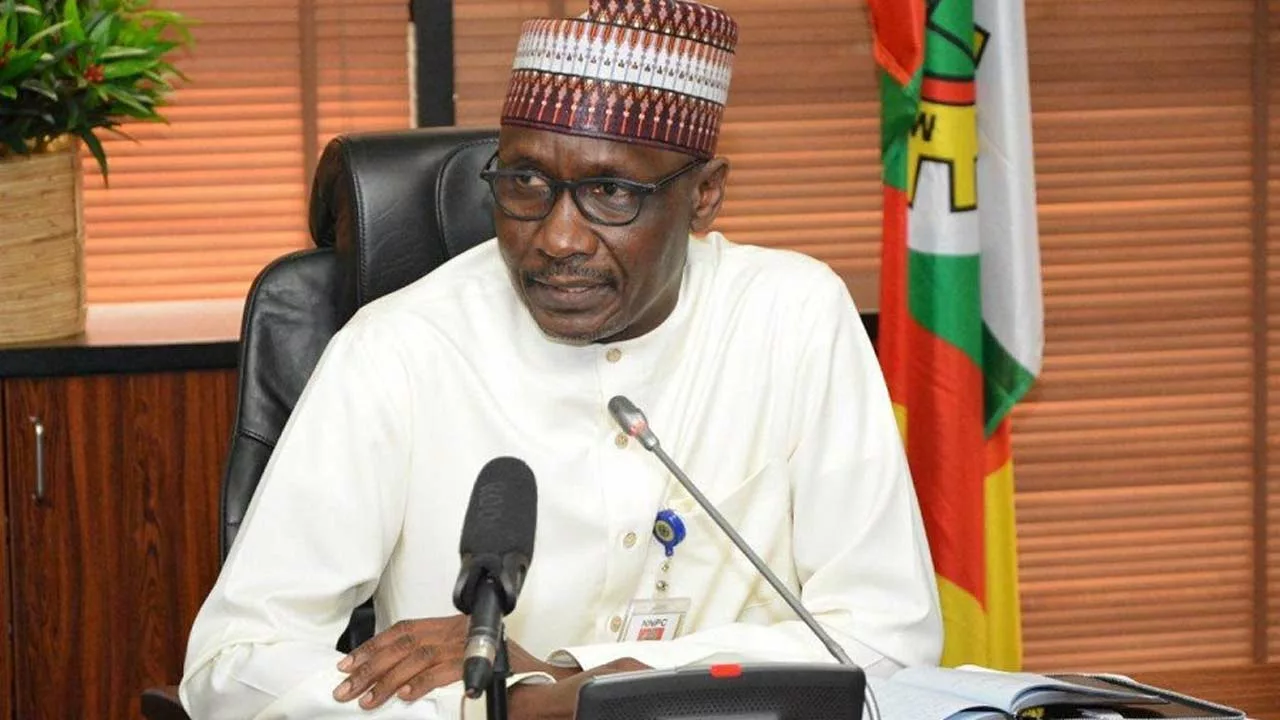President Bola Tinubu in his quest for business growth in the nation, has set up a Presidential Committee on Fiscal Policy and Tax Reforms, which will be chaired by Mr. Taiwo Oyedele, the leader of the Fiscal Policy Partner and Africa Tax at the PriceWaterhouseCoopers (PwC). The Committee members will comprise experts both from the private and public sectors, taking responsibility for various aspects of tax law reform, fiscal policy design, coordination, harmonization of taxes, and revenue administration. Special Adviser to the President on Revenue, Adelabu Zacch Adedeji, explained that President Tinubu recognizes the importance of a sound fiscal policy environment and an effective taxation system for the functioning of the government and the economy.
”Nigeria ranks very low on the global ease of paying taxes while the country’s Tax to GDP ratio is one of the lowest in the world and well below the African average. ”This has led to an overreliance on borrowing to finance public spending which in turn limits the fiscal space as debt service costs consume a greater portion of government revenue, annually resulting in a vicious cycle of inadequate funding for socio-economic development.” While some incremental progress has been recorded over the years, the outcomes have not been transformative enough to change the narrative,” he said.
Adedeji highlighted Nigeria’s poor ranking in global ease of paying taxes and its low Tax-to-GDP ratio, which is significantly below the African average. These factors have resulted in heavy reliance on borrowing to finance public spending, thereby limiting fiscal space and hindering socio-economic development.
“While some progress has been made over the years, it has not been sufficient to effect a transformative change in the prevailing situation,” Adedeji noted.
Among the key challenges facing Nigeria’s tax system are the presence of multiple taxes and revenue collection agencies, a fragmented and complex tax structure, low tax morale, widespread tax evasion, high costs associated with revenue administration, lack of coordination between fiscal and economic policies, and inadequate accountability in the utilization of tax revenue.
The establishment of the committee reflects President Tinubu’s commitment to addressing these challenges and bringing about transformative reforms in fiscal policy and taxation. The committee’s primary objective is to enhance revenue collection efficiency, ensure transparent reporting, and promote the effective utilization of tax and other revenues.
These measures aim to bolster citizens’ tax morale, foster a healthy tax culture, and encourage voluntary compliance. Consequently, these efforts are expected to improve Nigeria’s revenue profile and create a more favorable and globally competitive business environment.
“Our aim is to transform the tax system to support sustainable development and achieve a minimum Tax-to-GDP ratio of 18% within the next three years, without stifling investment or economic growth,” said the Special Adviser on Revenue.
Importantly, the committee will not only provide recommendations for necessary reforms but will also be responsible for driving the implementation of such reforms in support of the comprehensive fiscal policy and tax reform agenda of the current administration.
President Tinubu’s initiative underscores his dedication to fostering a conducive environment for businesses to thrive and stimulating economic growth in Nigeria.




















